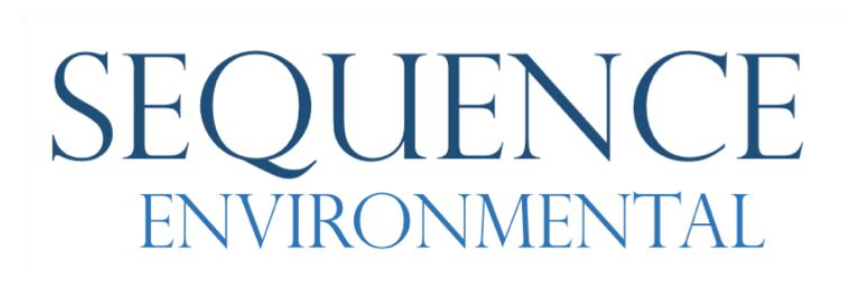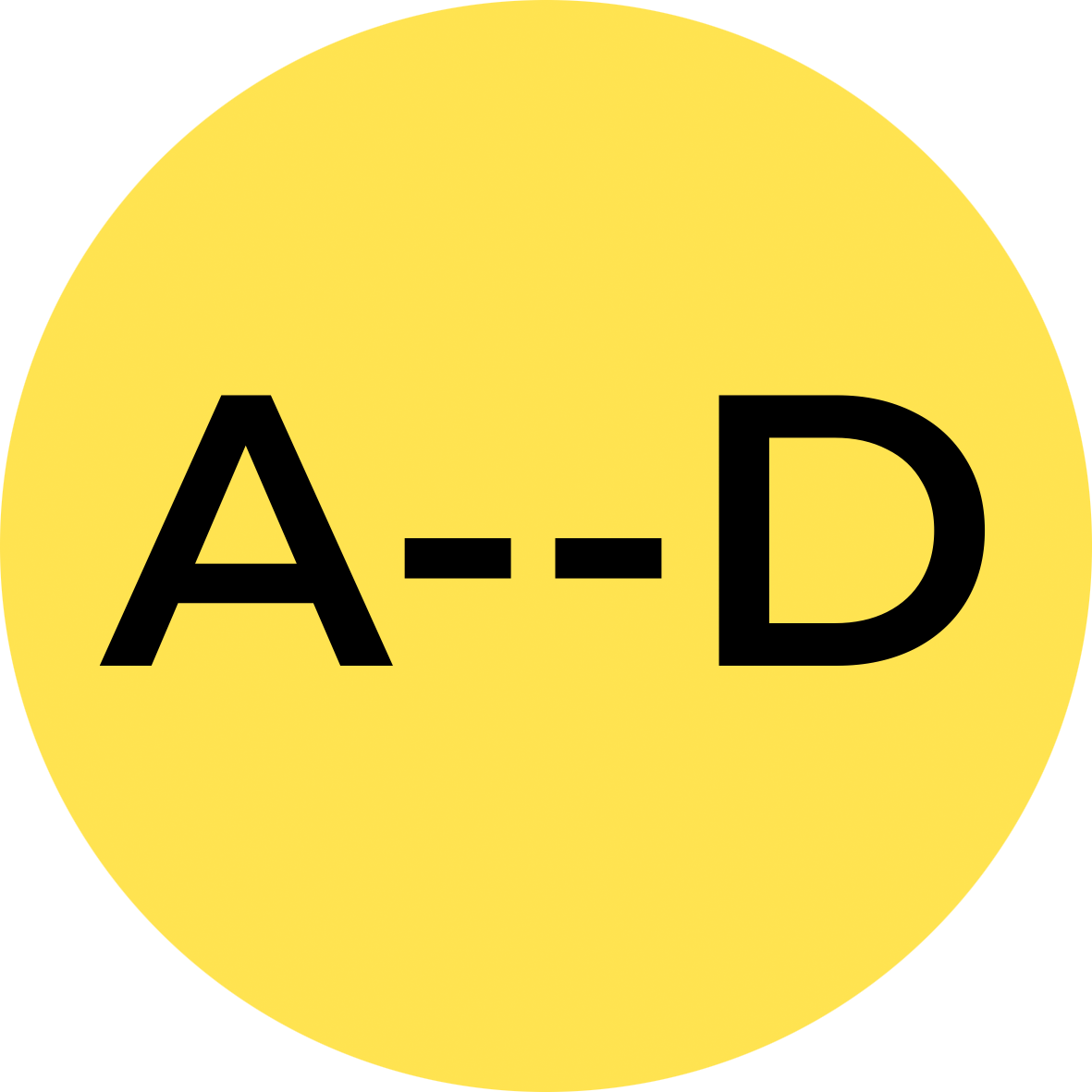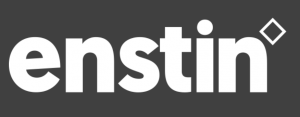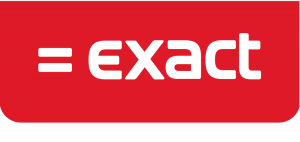Stéphane Dujarric, director of communications for the United Nations just gave an inspiring keynote presentation at the IABC’s EuroComm in Turin. I’m writing this on the fly, live from the conference, so apologies for not having the time to make it shorter 🙂
Stéphane’s presentation was on how the United Nations Development Program barters for more effective communications. It’s also a great case study of how you can leverage content to do more, with less – something that should appeal to all non-profits!
The UNDP challenge
Notwithstanding its reputation & reach, the UNDP faces many of the same challenges as other non-profits: how do we do more with less when our budgets are being cut? How do we make use of social media? How do we tell our story more effectively? How do we find more donors?
The strategic framework
Stéphane believes that effective communications can be bartered. Meaning;
‘We need something. And we have something to offer. Let’s find partners who also need something. And who also have something to offer. And the biggie – let’s use content to develop that relationship.’
Obviously, not every not-for-profit has the UN’s global reach & legitimacy to barter. But that’s a great strategy for all not-for-profits facing the same challenges. Here’s an overview of his presentation:
4 ways the UNDP does more, with less
Participatory media: the UNDP develops close relationships with content creators in creative communities who can help amplify the UN message. The UN provide script review, technical advice, information & more to any content creator who needs it.
What does the UN get in exchange? Great quality films, campaigns & more developed in partnership with these creative communities that help the UNDP reach & engage with donors – at less cost!
Advocacy journalism: Thanks to the proliferation of channels, broadcasters have a content problem. How do they fill so many platforms? The UN saw this as an opportunity to offer a mix of pre-packaged & ‘raw’ content to be edited as broadcasters see fit. Two examples of this are the UN news centre & UN radio site. In return, the UN gets additional reach & coverage from broadcast networks across the world!
Another example: UNIFEM Flipcam project. The UNDP made a deal with Flipcam, who were looking to develop their CSR. Flipcam gave the UNDP 40 cameras that were then sent to their program officers. The officers filmed human centred stories from the field, to help communicate the difference UN is making. The completed films, raw footage & scripts were then offered to broadcasters – for free. The result? Broadcast of the films by over 30 international networks. Plus, the UNDP used the same content to create donor engagement on facebook.
Hybrid journalism: The UNDP held a live Facebook conversation with Helen Clark Administrator of the United Nations Development Programme in an effort to engage directly with donors online. They asked a BBC journalist to mediate the conversation to add legitimacy. This has 10K views & counting. As Stéphane acknowledge this was an experiment. But another great example of what is possible in new media.
Stars working for free: Celebrity endorsement is nothing new. All not-for-profits realise you have to move both hearts & minds. However, in the Kick Out Poverty program endorsed by Zidane & Drogba, the UNDP insisted that everyone across the whole project chain should work completely for free. By ensuring that all parties stuck to the same principles of honesty & trust, the UNDP build a campaign that carried legitimacy free of negative spin. The result? Broadcast & exposure across more than 45 major networks across the world.
A final note
At the end of his presentation, Stéphane offered some advice for non-profits;
- Put the Issue before the Logo
- Relinquish control of your content & messaging
- Focus on sparking conversations that will help the cause
- Trust is key: maintain an Honest & Transparent approach
- Be patient! This approach may take a little longer – but the payback is much greater
Neat!
That’s all for now, now back to EuroComm!














